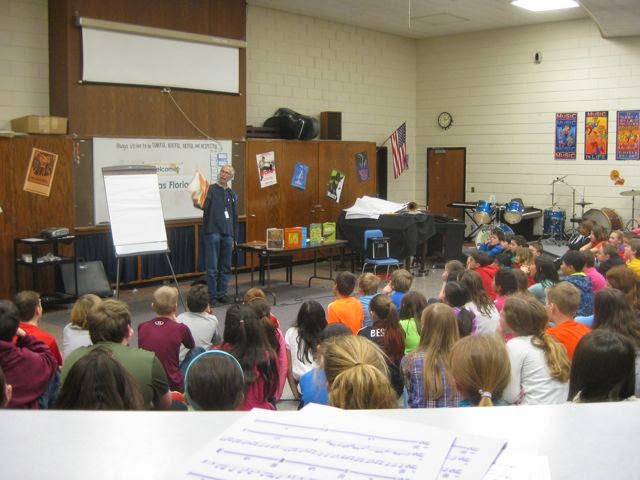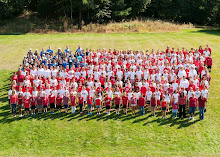I have recently been reading a very interesting book -- Bowling Alone, by Robert Putnam. In this book, Putnam chronicles the decline of participation in community organizations during the past decades and raises the question of the impact of these changes on our society. Reading this book makes me care even more strongly about the development and maintenance of community and the importance of placing community goals first in many instances. This conflict frequently appears in schools, as, for example, in making placement decisions for students, when the best interests of the students as a whole may require a different decision that a parent would prefer for his/her child. It also appears in discussions of budget, at all levels -- local, state, national -- when individual interests (for example, in lower taxes) may conflict with the needs of the community (for safety, for example).
As we all know, our country has a long tradition of individualism and a strong emphasis on individual freedom. However, along with the emphasis on everyone's right to pursue happiness in his/her own way there has also been an equally strong tradition of cooperation and community. (Think, for example, of the individual freedom of the "Wild West" coexisting with the cooperation and community of barn raisings, quilting bees, and sharing resources to survive a difficult winter.) I think there is an important balance here, and I think that we need to consider that balance very carefully in making decisions. Take, for example, charter schools. Charter schools are very popular with many people, and many parents prize their ability to send their children to schools that they choose. However, when charter schools, particularly in urban areas, end up enrolling primarily the children whose parents are motivated and involved, do not have learning disabilities, and whose first language is English, and when they eliminate from their student bodies students who have behavioral difficulties or who are unable to keep up with the pace, the children who are still enrolled in those charters may benefit from attending school with other motivated students without disabilities, but the public schools in those communities end up having the most difficult students to educate with fewer funds available to do it with. Is that what's best for all of us, as a community? Or is it an example of some people profiting at the expense of others?
As everyone knows who knows me, I am a passionate advocate for public schools, for the American common school described in the works of Lawrence Cremin, and for the philosophy expressed so well by John Dewey, when he said, "What the best and wisest parent wants for his own child, that must the community want for all its children. Any other ideal for our schools is narrow and unlovely; acted upon it destroys our democracy." I am currently very worried about the future of American public schools; I see our excellent public schools (which, in Massachusetts, lead the nation and compare favorably in international comparisons) in danger of being destroyed by short-sighted policies unsupported by evidence (for example, those required by the so-called "Race to the Top", and the increased emphasis on standardized testing to the exclusion of other measures of student achievement).
Getting back to Bowling Alone, I also think that we may need in general to think about moving our current individualism-community balance back a bit in favor of community in all areas, and to remember that we are all in this together. If you read it, and/or if you read Diane Ravitch's recent book on the American school system, let me know what you think!
Sunday, December 5, 2010
Subscribe to:
Posts (Atom)





